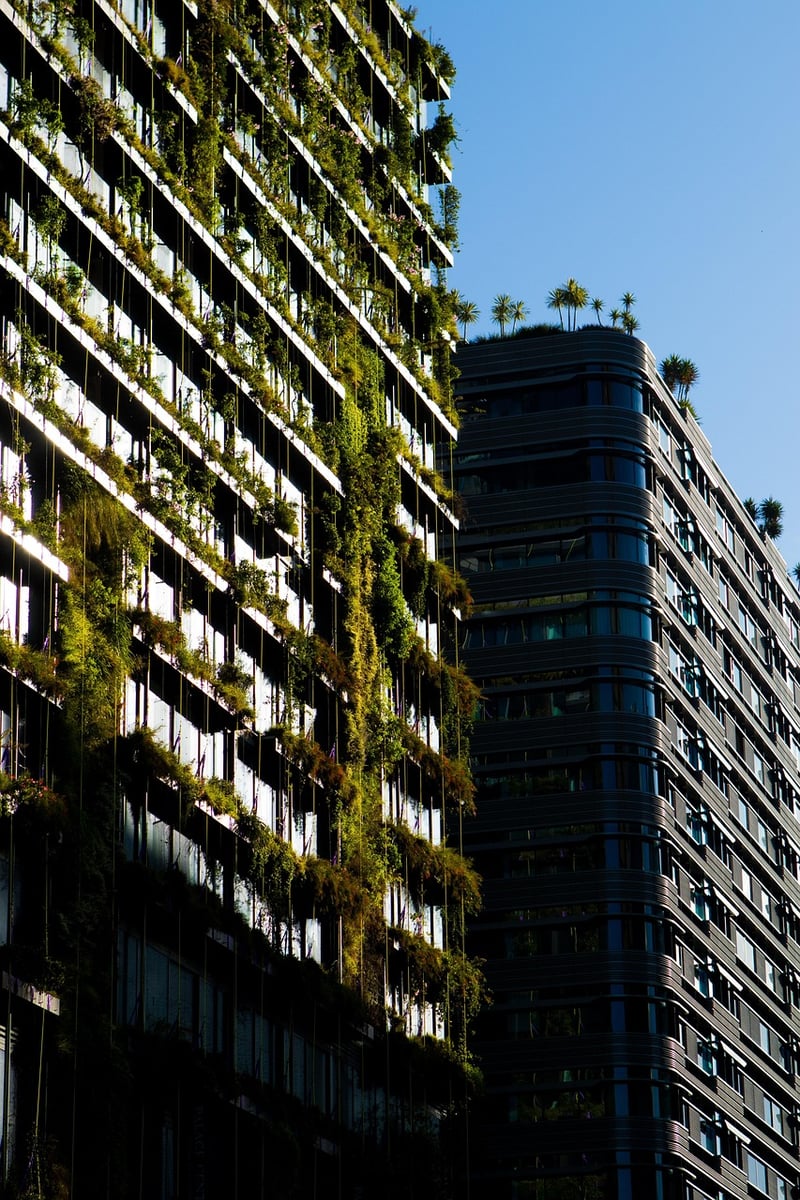Sustainable Designs
Inspiring Garden Layouts and Sustainable Designs
Creating a beautiful garden not only adds aesthetic value to your home but can also contribute to a sustainable environment. By incorporating sustainable designs into your garden layout, you can create a harmonious space that benefits both you and the planet. Let's explore some inspiring garden layouts and sustainable design ideas that you can implement in your own outdoor space.
1. Native Plant Gardens
Native plant gardens are not only visually appealing but also promote biodiversity and support local ecosystems. By choosing plants that are indigenous to your region, you can reduce water consumption, minimize the need for fertilizers and pesticides, and provide habitat for local wildlife.

2. Rainwater Harvesting Systems
Installing a rainwater harvesting system in your garden allows you to collect and store rainwater for irrigation purposes. This sustainable practice helps reduce water waste, lowers your utility bills, and ensures your plants receive pure, chemical-free water.

3. Permeable Hardscaping
Consider using permeable materials for your garden's hardscaping elements such as pathways, patios, and driveways. Permeable pavers allow rainwater to seep into the ground, reducing runoff and preventing erosion. This eco-friendly option helps recharge the groundwater and maintain soil health.

4. Vertical Gardens
Vertical gardens are perfect for small spaces and can be a creative way to grow plants while adding greenery to your surroundings. These vertical structures not only save space but also improve air quality, reduce indoor temperatures, and provide insulation, making them a sustainable choice for urban environments.

By incorporating these inspiring garden layouts and sustainable designs into your outdoor space, you can create a beautiful and environmentally friendly garden that you can enjoy for years to come.
Remember, small changes can make a big impact when it comes to creating a sustainable garden!
